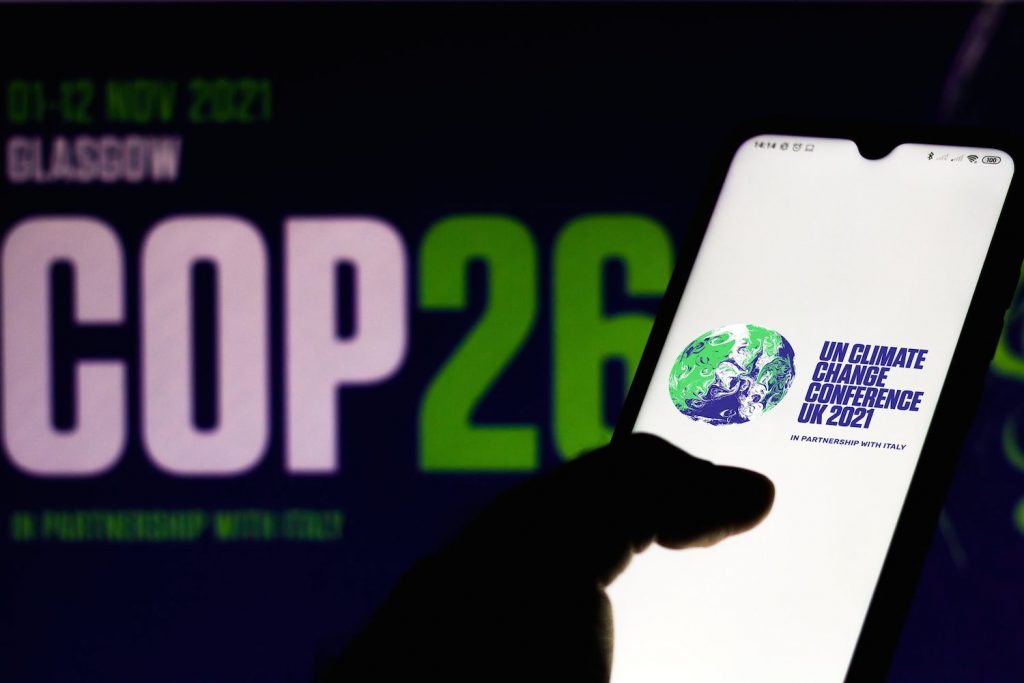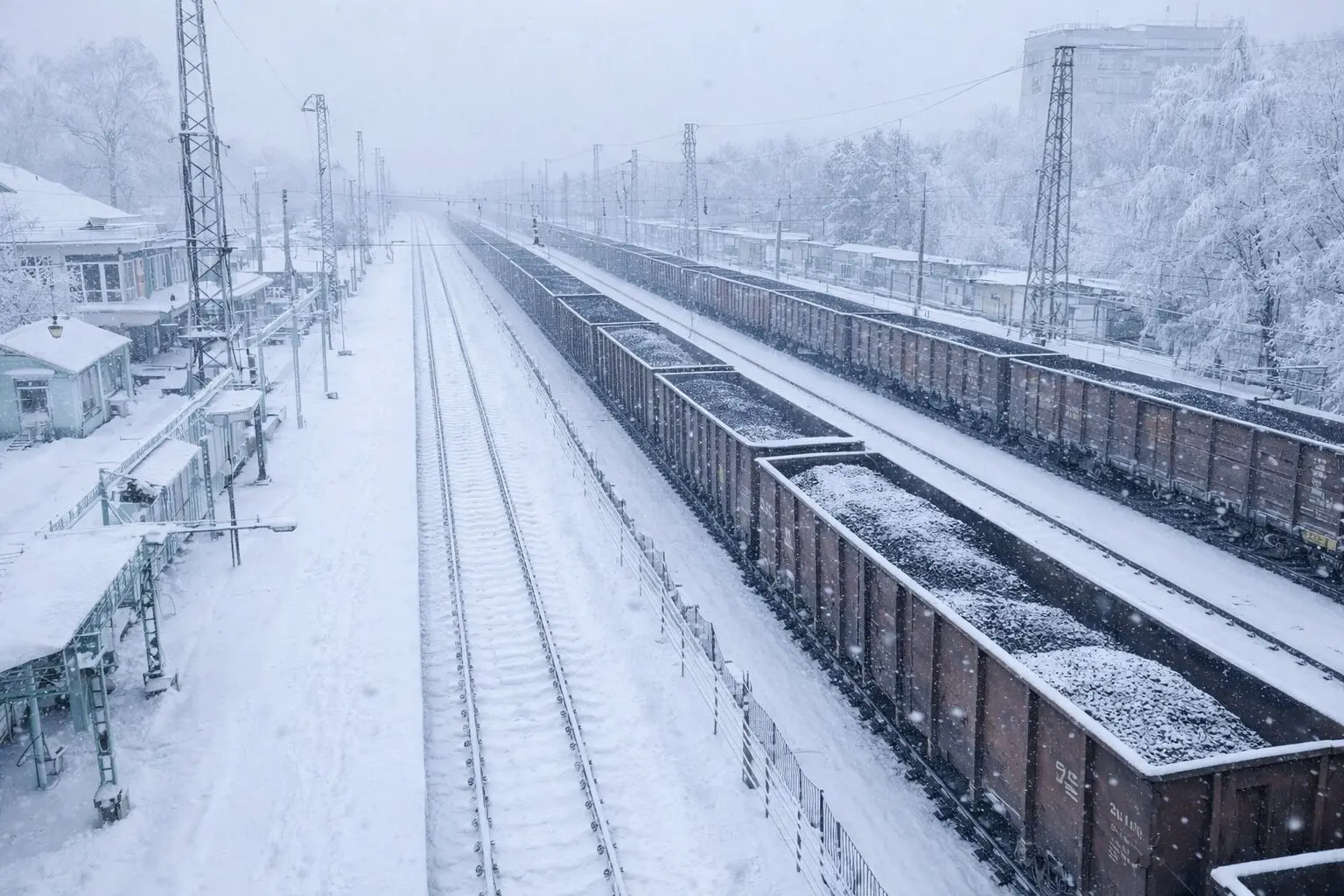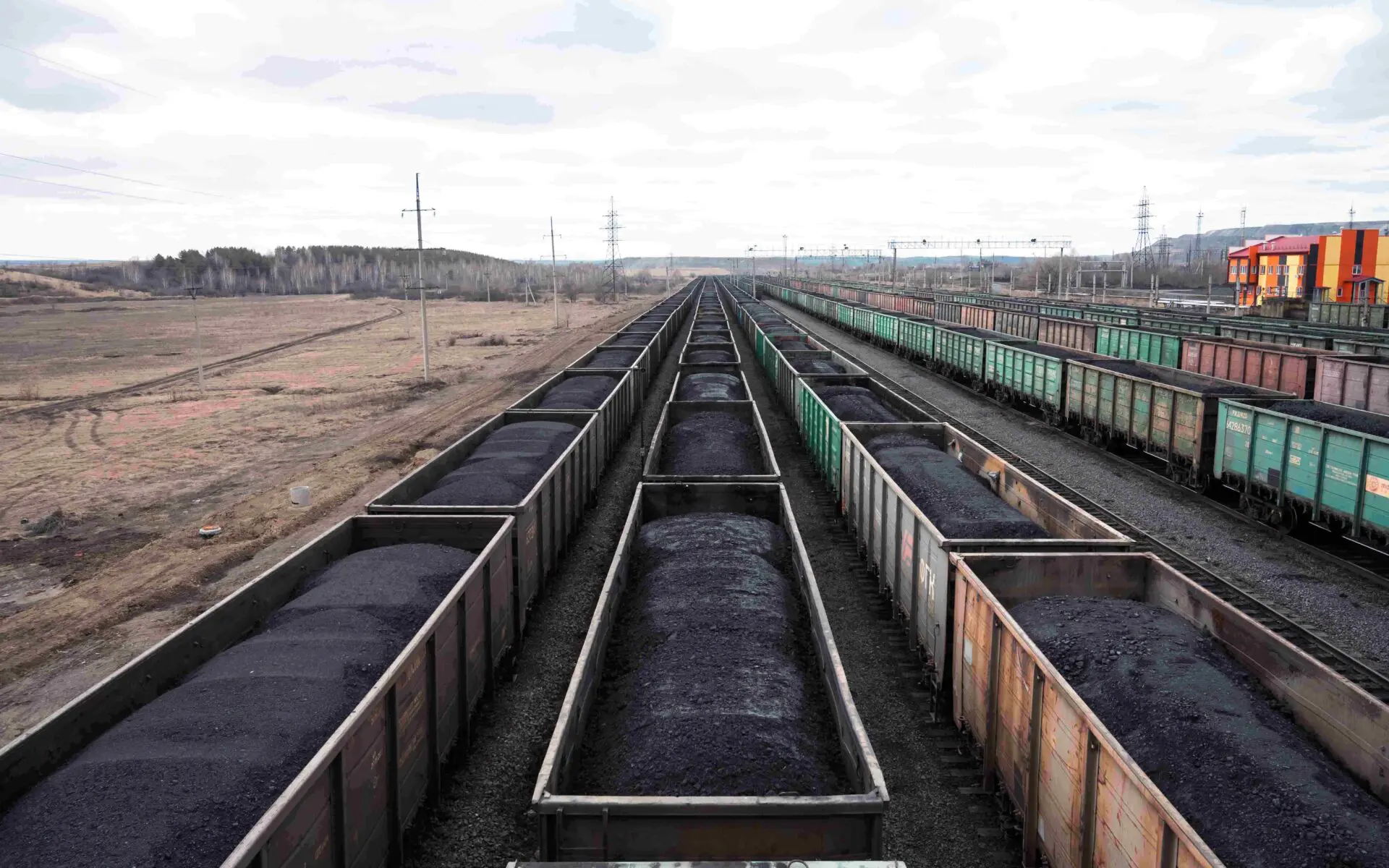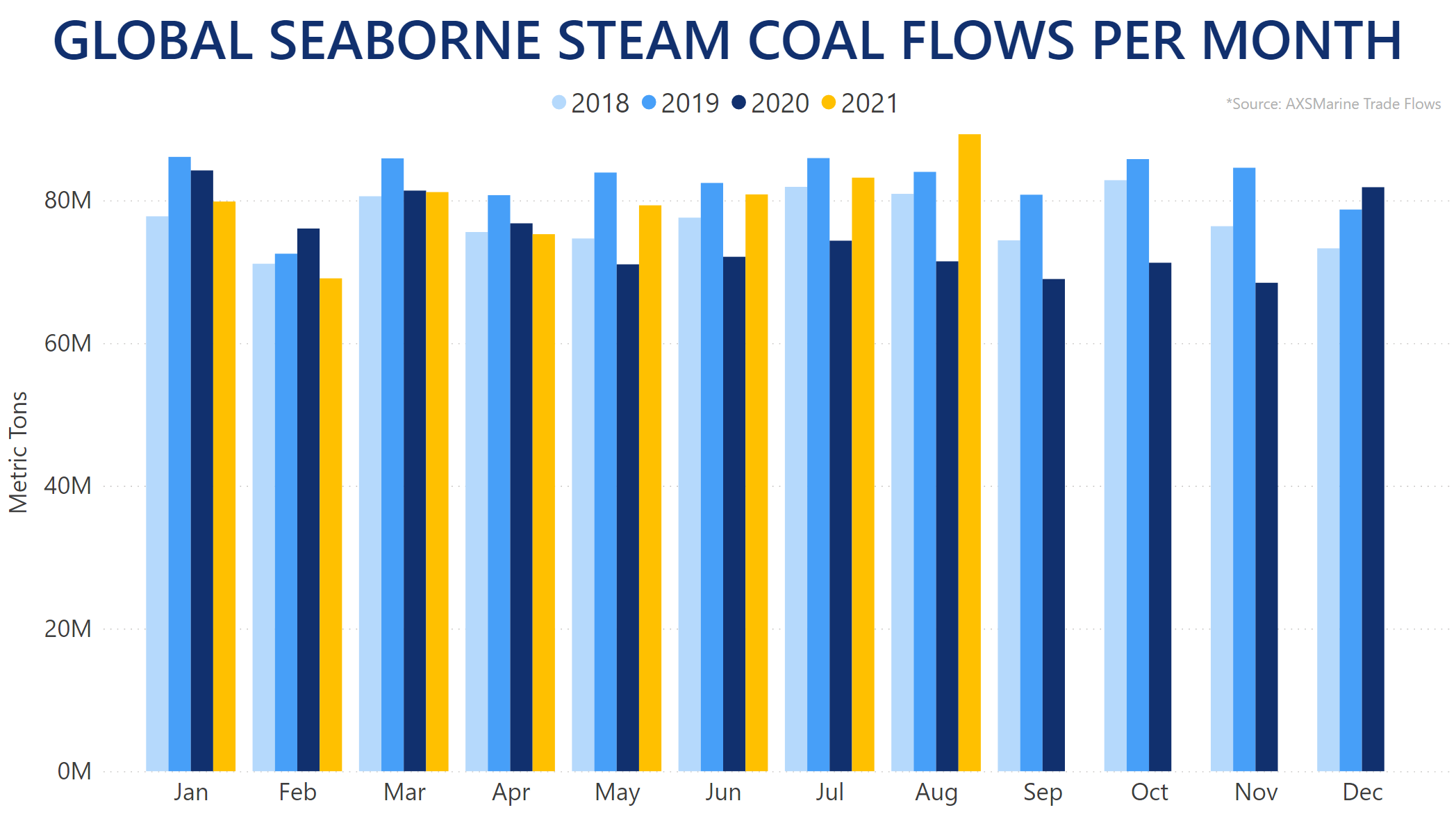

The 26th United Nations Climate Change Conference, also known as COP26, was held in Glasgow, Scotland, from October 31 to November 12, 2021.
The summit was attended by 25 thousand delegates from almost 200 countries and about 120 heads of state. The presidents of Russia and China did not visit the meeting.
The parties to the conference adopted the Glasgow Climate Pact. According to experts, the Pact turned out to be as politically correct and extremely vague as possible to meet the interests of a large number of countries and other interested parties, including public organizations and business structures.
Initially, it was assumed that the agreement would stipulate the need to abolish the use of coal as an energy resource. However, under pressure from India and China, the coal ‘phase-out’ formulation was changed to ‘phase-down’. Thus, the decision on coal, taken at the summit, was more positive for the industry than expected, since COP26 confirmed the intention to gradually withdraw from coal energy, rather than completely abandon coal-fired generation. At the same time, India declared carbon neutrality only by 2070, and China by 2060.
Other key provisions of the Pact include the financial help to developing countries to accelerate energy transitions, ending deforestation by 2030 as well as a commitment to cut methane emissions by 30% by the end of the decade.
In general, the Glasgow agreement was the result of numerous compromises and contradictions, existing between different countries. As a result, it does not oblige to take some specific unconditional actions, but only calls for taking certain steps within the framework of the proposed initiatives.
Source: CAA Analytics













